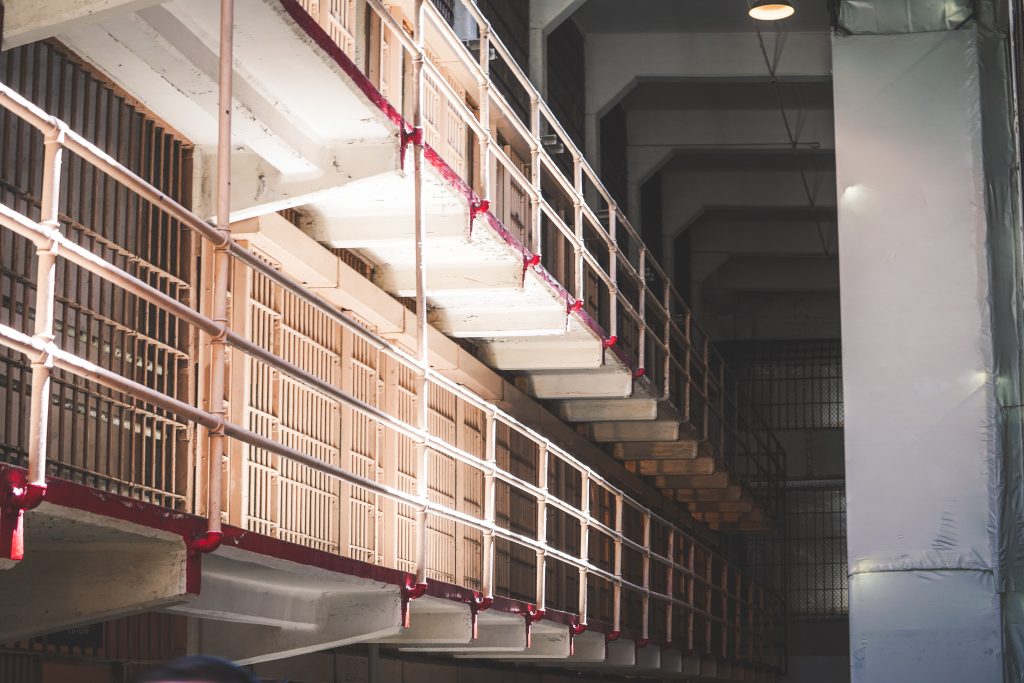If you have a loved one in prison, you’ve probably already heard about the First Step Act. You have also probably heard that your loved one can earn time off their sentence because of it. But can your loved one earn time credits under the First Step Act? For now, the best answer to that question is maybe.
What are time credits under the First Step Act?
Under the First Step Act, prisoners can earn time off your prison sentence by participating in programs and activities. They can earn 15 days off your sentence for every 30 days of participation in “evidence-based recidivism reducing programs and productive activities.” Federal law, specifically 18 U.S.C. § 3635 defines both terms.
The law defines “evidence-based recidivism reducing programs” as “a group or individual activity” that does three things.
First, the program must have “been shown by empirical evidence to reduce recidivism or is based on research indicating that it is likely to be effective in reducing recidivism.”
Second, the program must be “designed to help prisoners succeed in their communities upon release from prison.”
And third, the program “may include”
- “social learning and communication, interpersonal, anti-bullying, rejection response, and other life skills;”
- “family relationship building, structured parent-child interaction, and parenting skills;”
- “classes on morals or ethics;”
- “academic classes;”
- “cognitive behavioral treatment;”
- “mentoring;”
- “substance abuse treatment;”
- “vocational training;”
- “faith-based classes or services;”
- “civic engagement and reintegrative community services;”
- “a prison job, including through a prison work program;”
- “victim impact classes or other restorative justice programs; and”
- trauma counseling and trauma-informed support programs.”
It defines the term “productive activity” as “a group or individual activity that is designed to allow prisoners determined as having a minimum or low risk of recidivating to remain productive and thereby maintain a minimum or low risk of recidivating….”
The law also states that the activity “may include the delivery of the programs described” above.

When can incarcerated people start earning them?
The First Step Act gives the impression that prisoners can earn time credits immediately. One part of the law, 18 U.S.C. § 3632(d)(4)(B)(1), states that “[a] prisoner may not earn time credits … for an evidence-based recidivism reduction program that the prisoner successfully completed” “prior to the date of enactment of” the First Step Act. That would mean a start date of Dec. 21, 2018.
But another part of the law, 18 U.S.C. § 3621(h)(2)(A), gives the BOP “2 years” for a “[p]hase-in” period. It says the BOP must “provide such evidence-based recidivism reduction programs and productive activities for all prisons before the date that is 2 years after the date on which the Bureau of Prisons completes a risks and needs assessment for reach prisoner….” That would mean a deadline of Jan. 15, 2022.
As of now, it appears that the BOP has treated the deadline as its start date. It has repeatedly argued in court that it doesn’t have to award time credits until Jan. 15, 2022. So far, almost every court has let the BOP do it, too. This means your loved one might not get time credits under the First Step Act for at least a few more months.
The Takeaway:
The First Step Act gives people in federal prisons a chance to get out sooner. They do this by participating in First Step Act programs and activities. But the BOP has argued that they don’t have to award credits for participation until Jan. 15, 2022. So far, courts have said the BOP is right.






